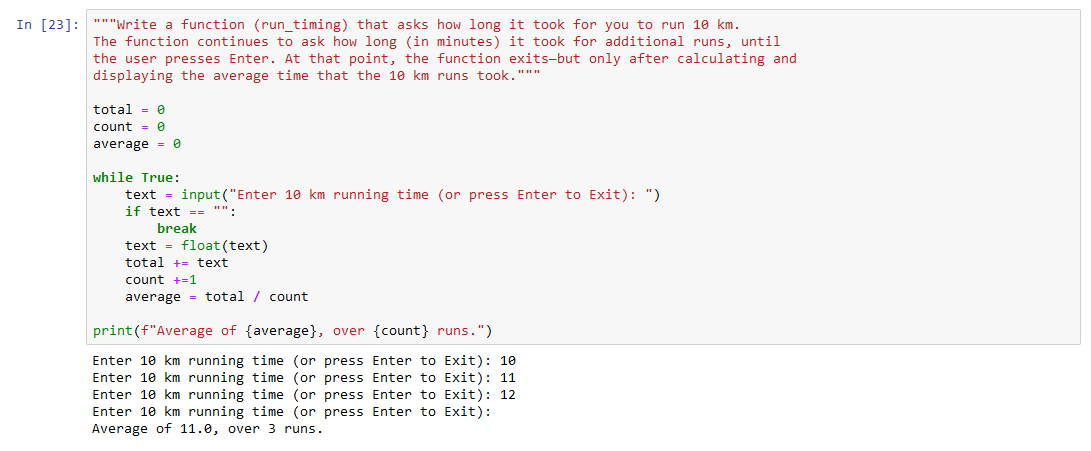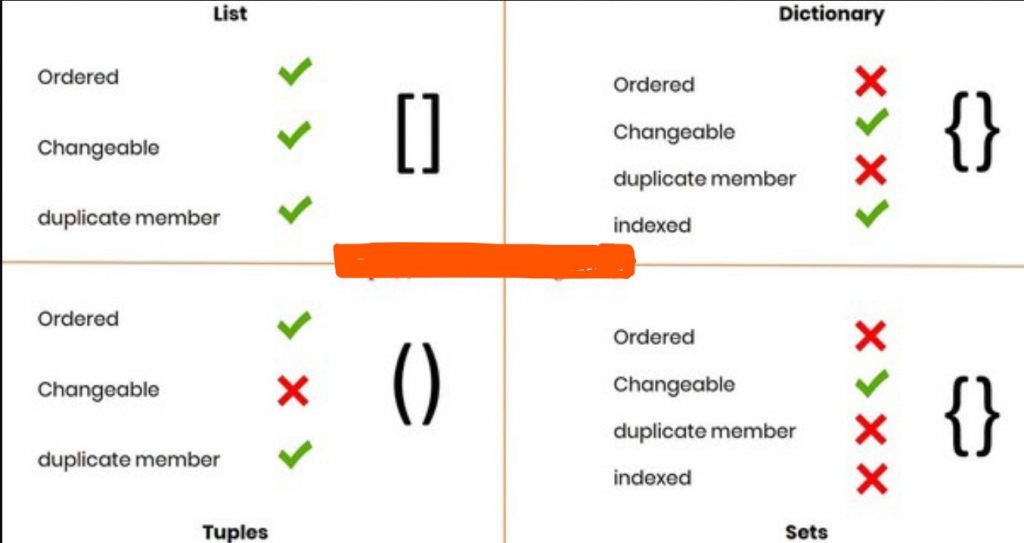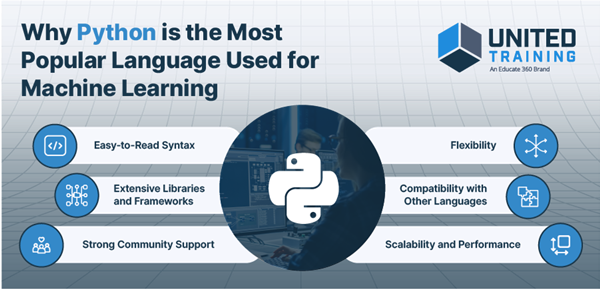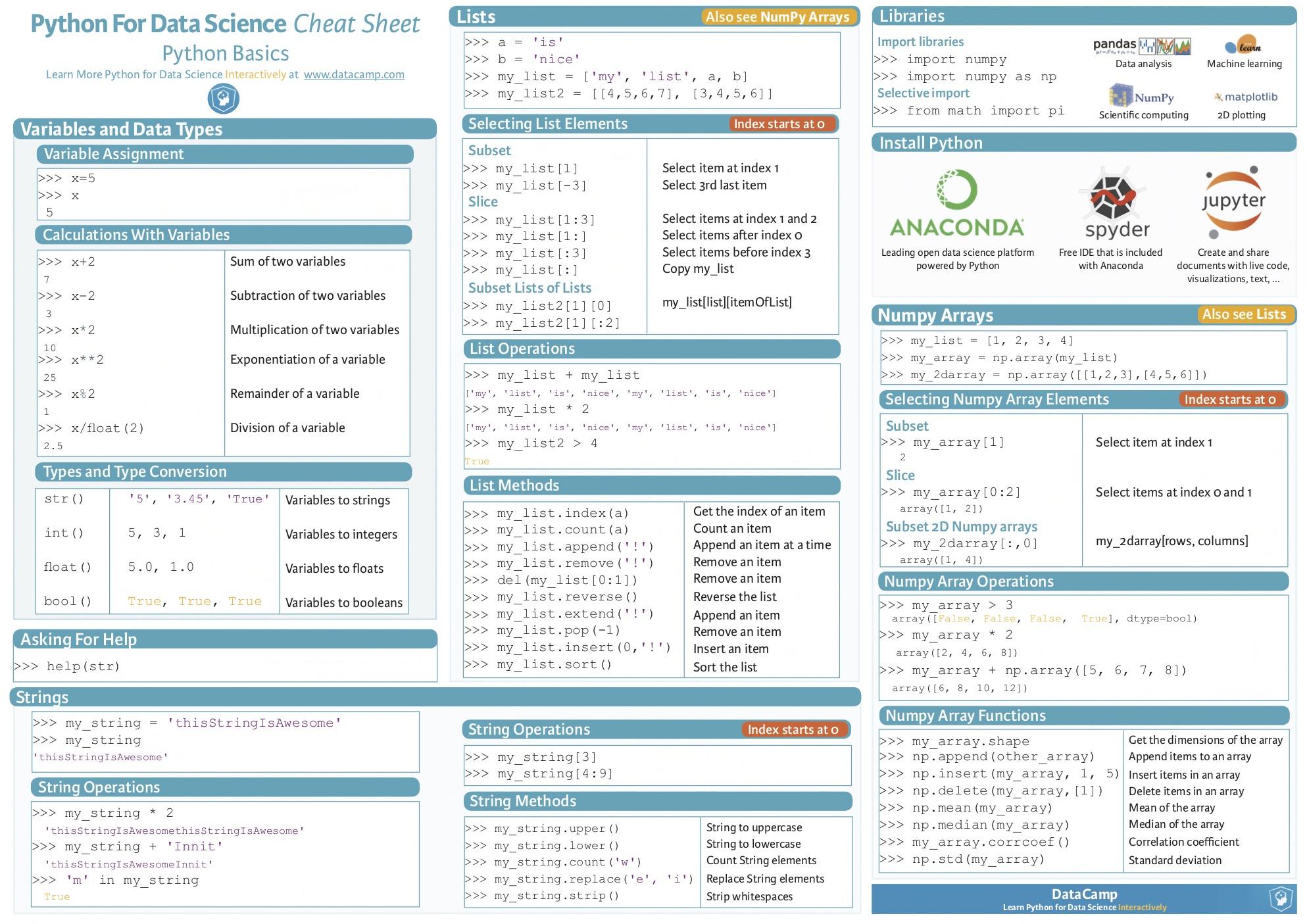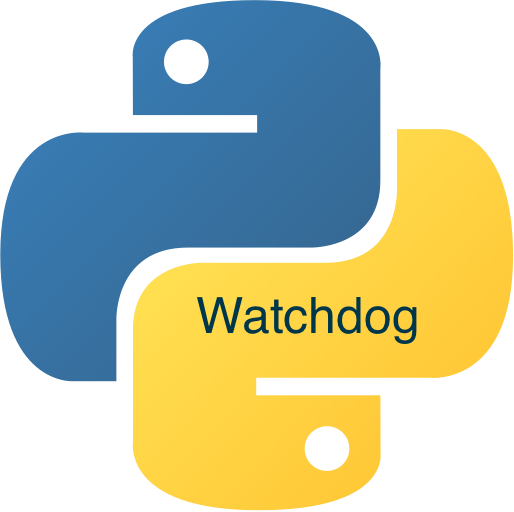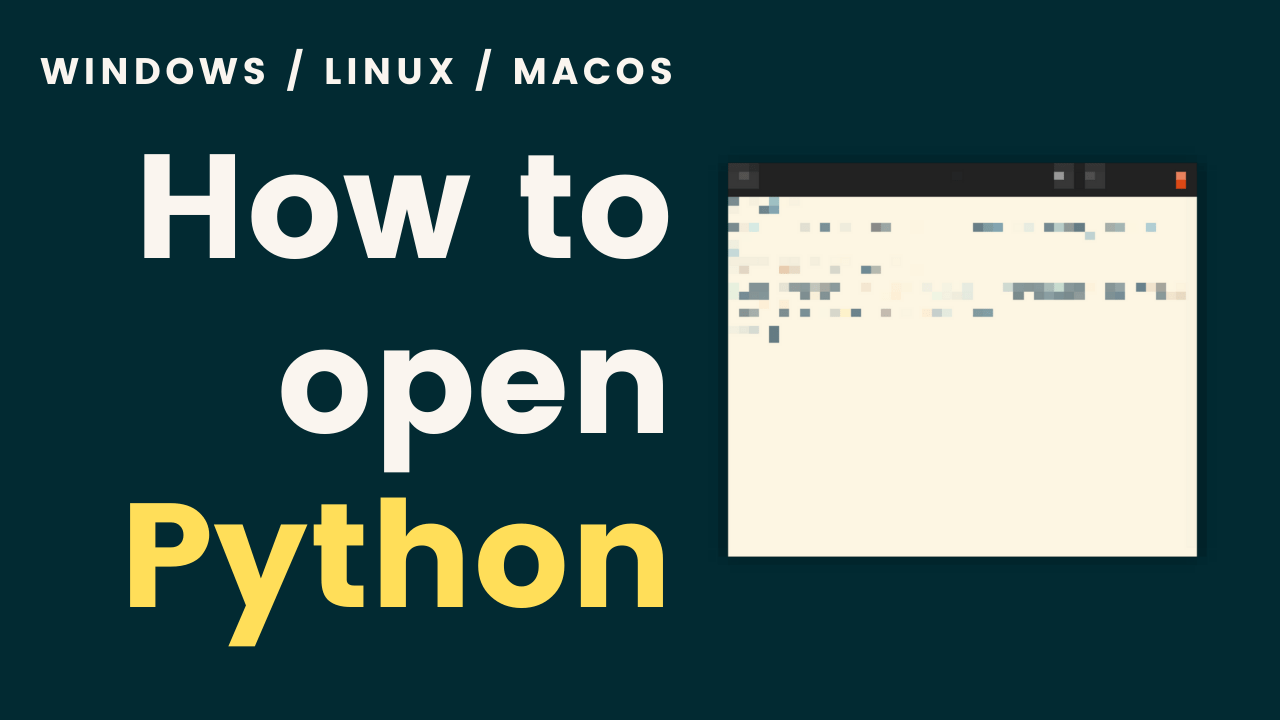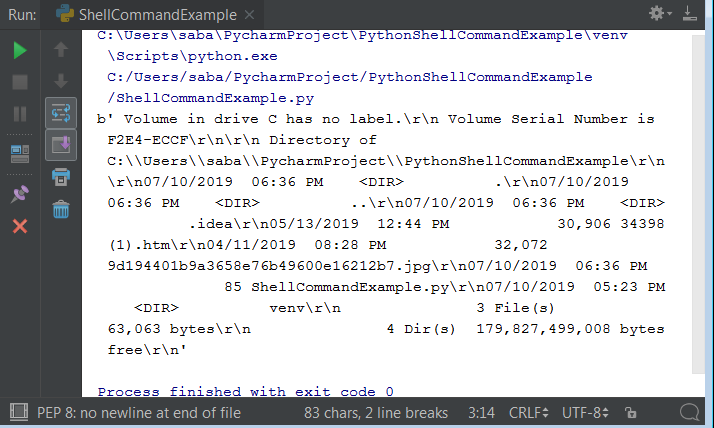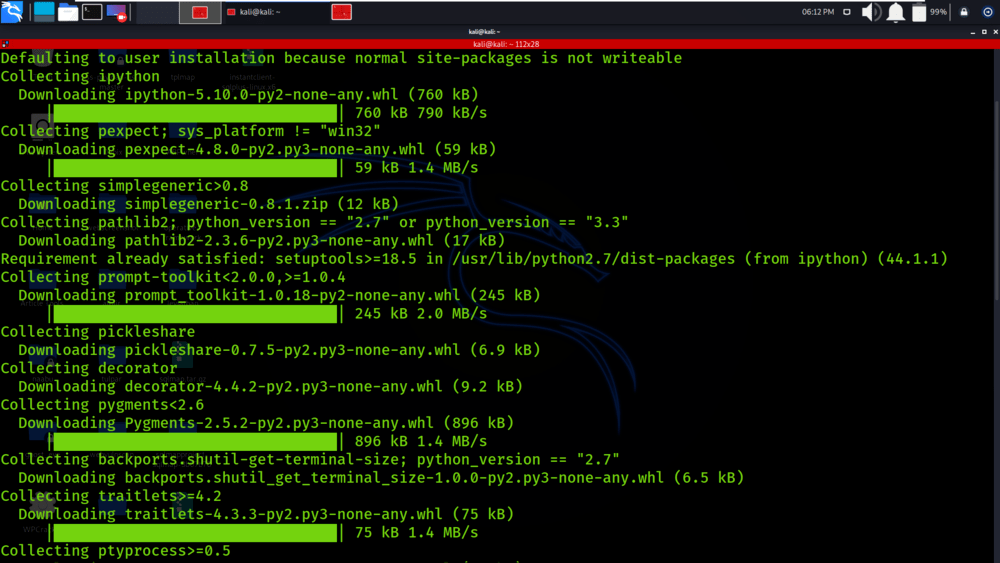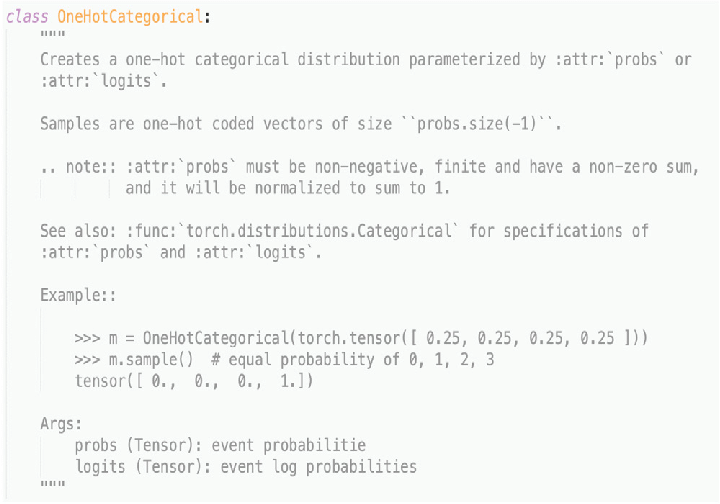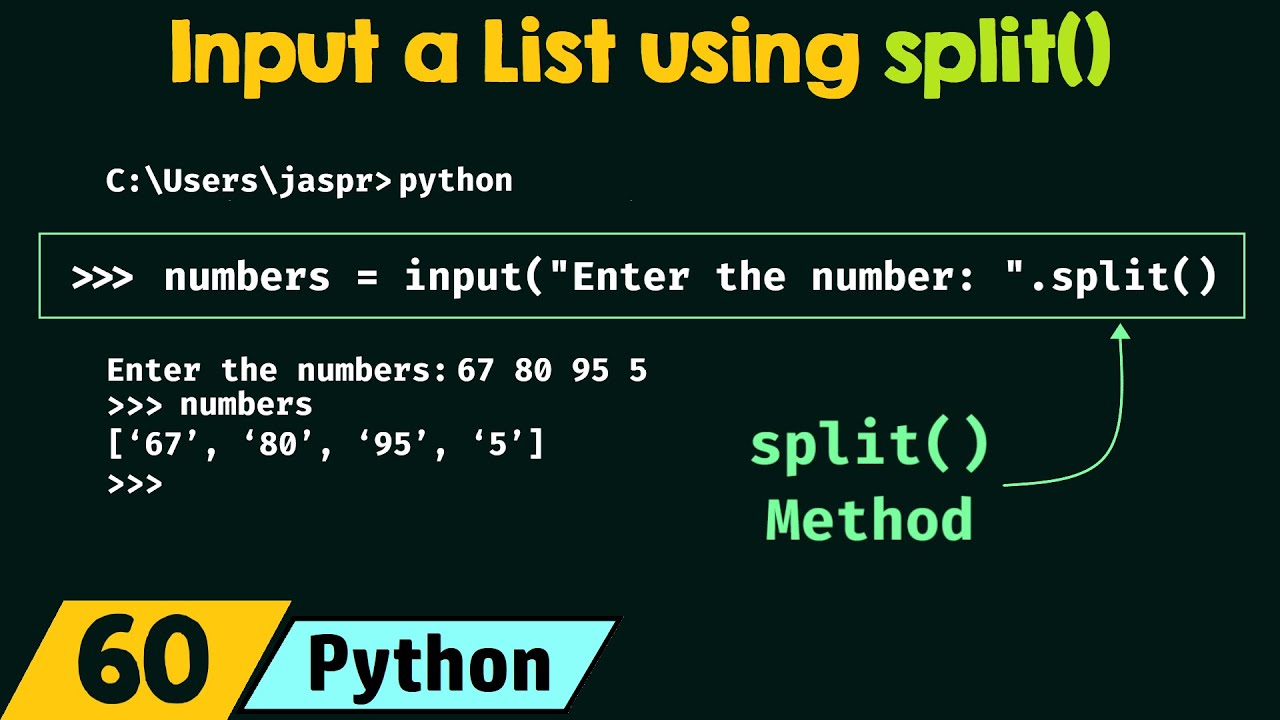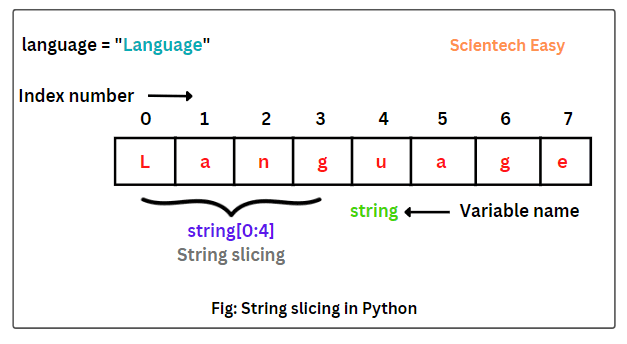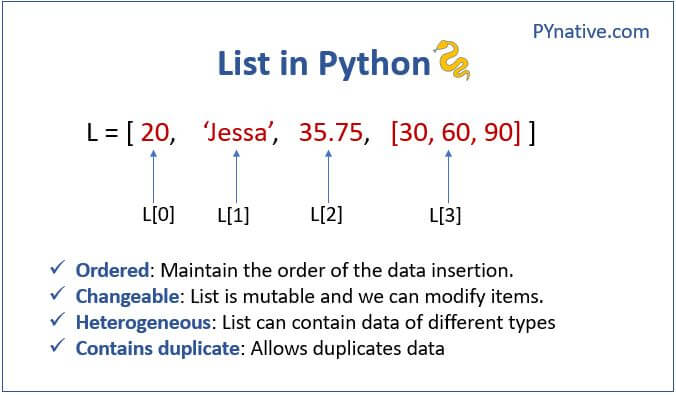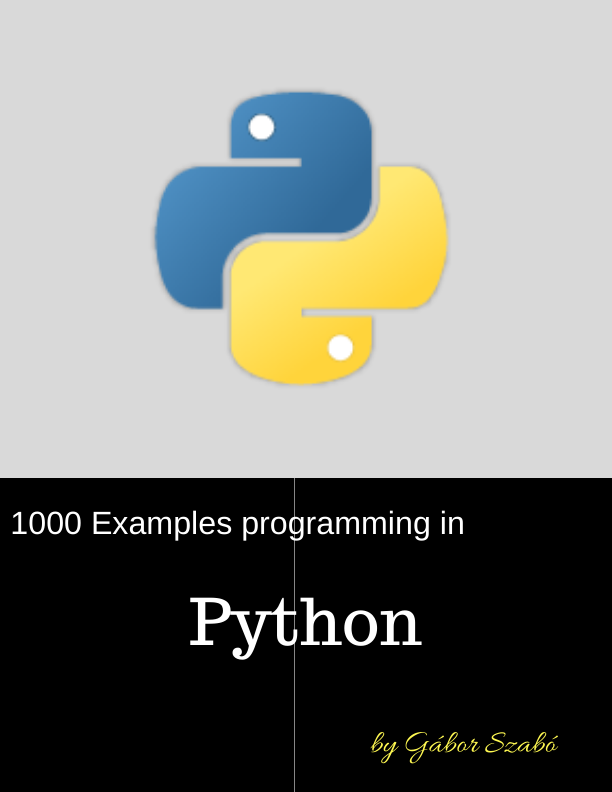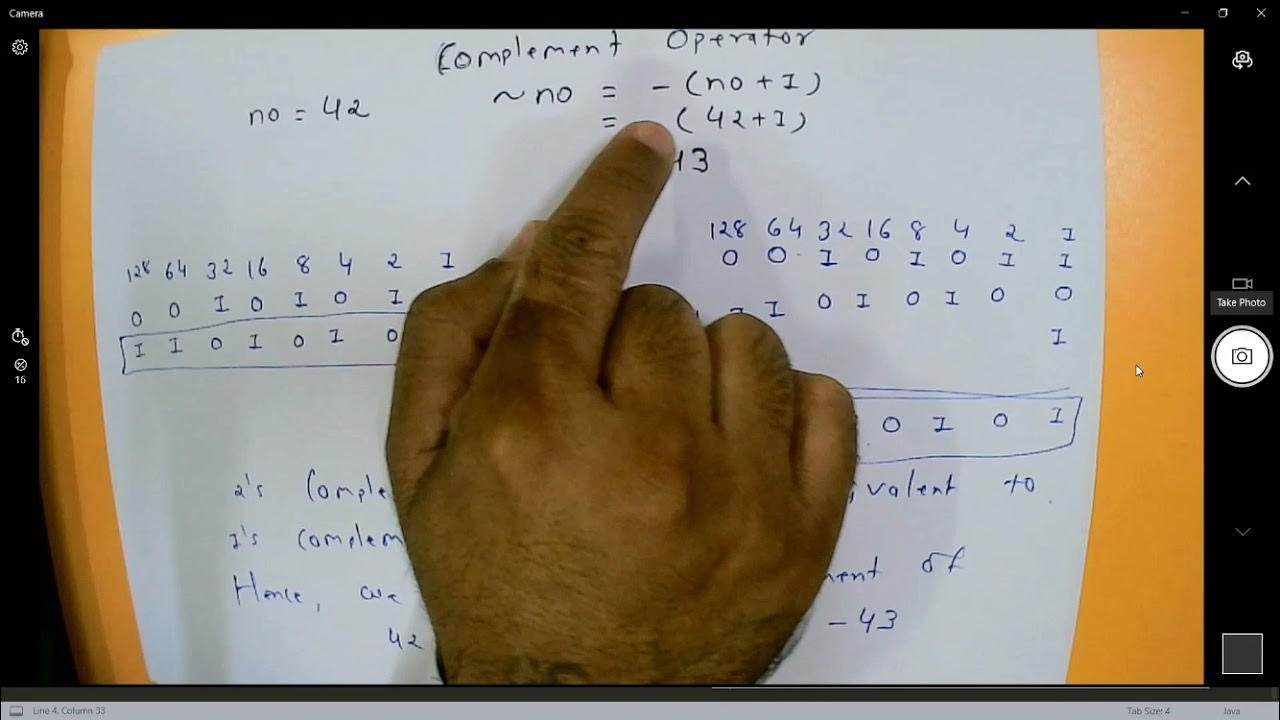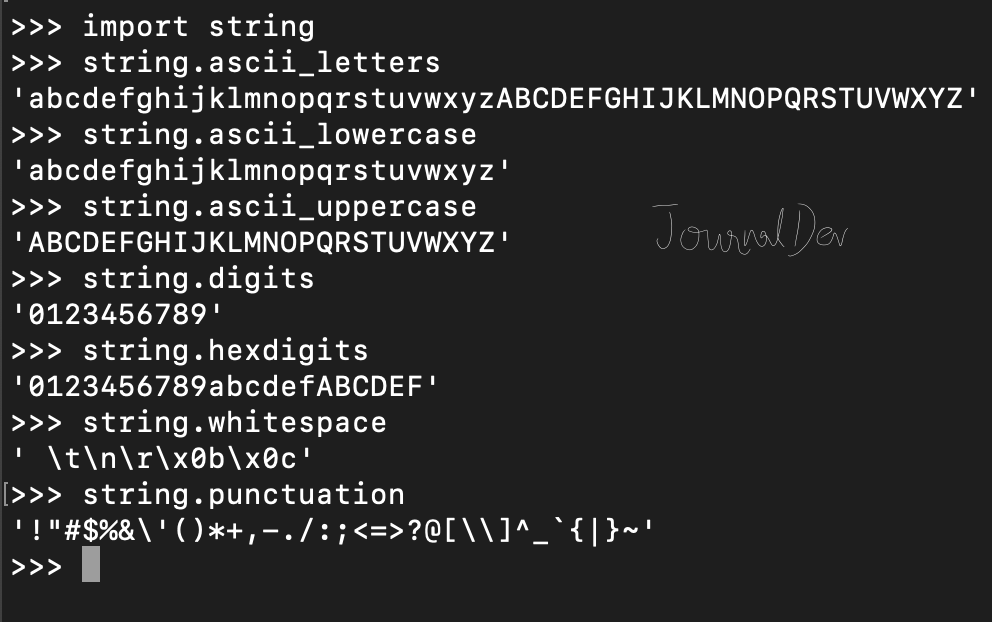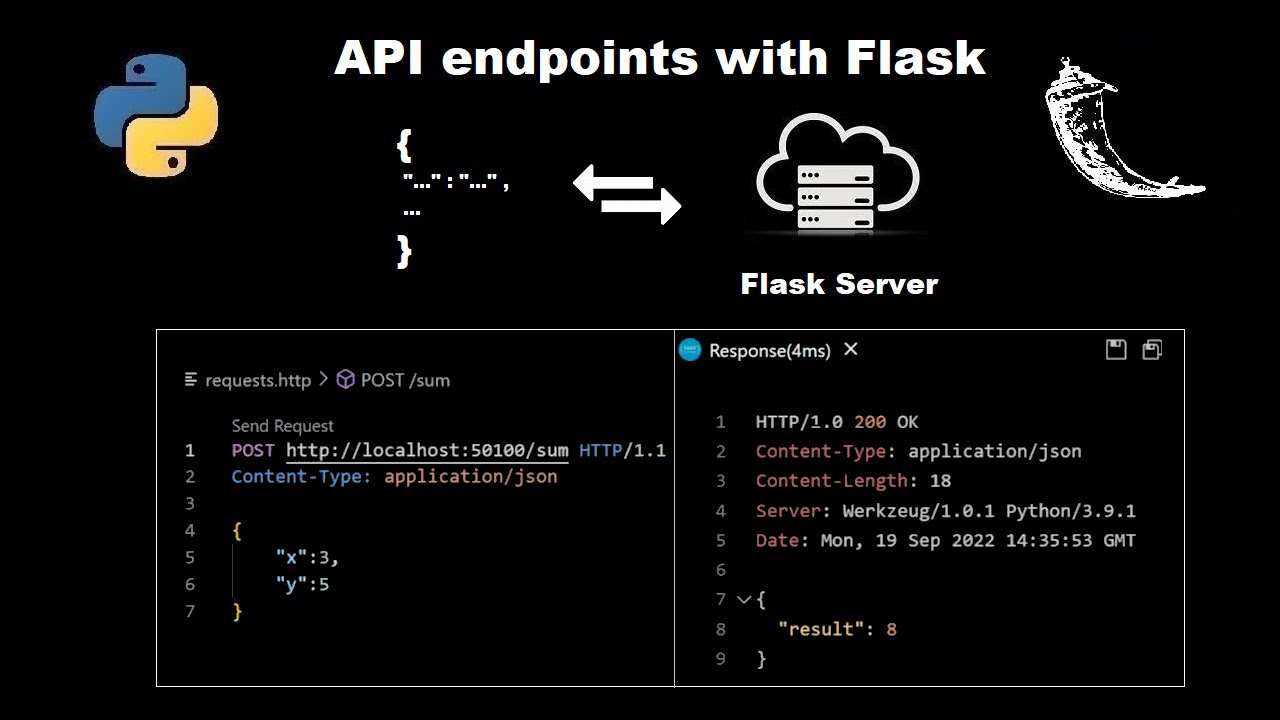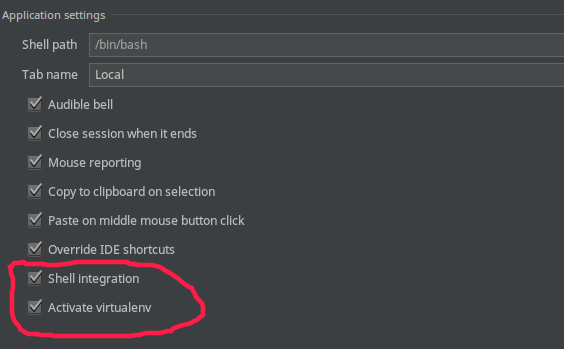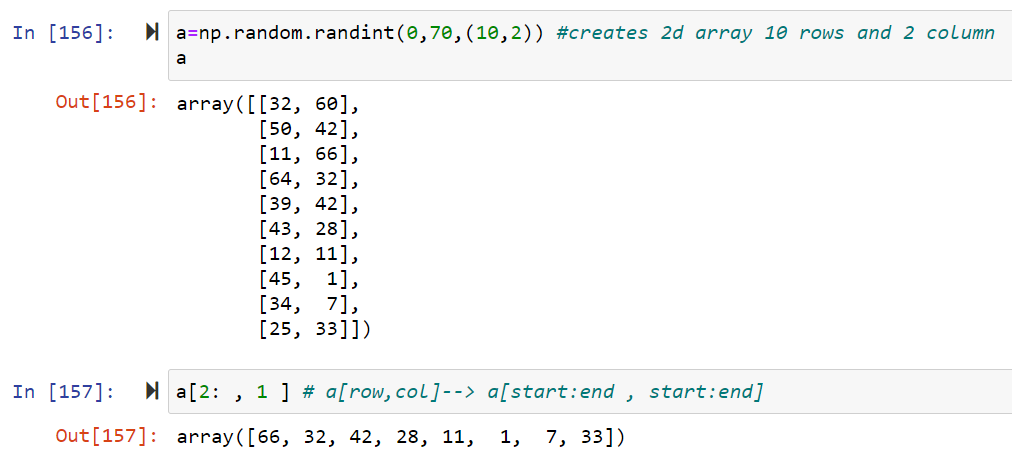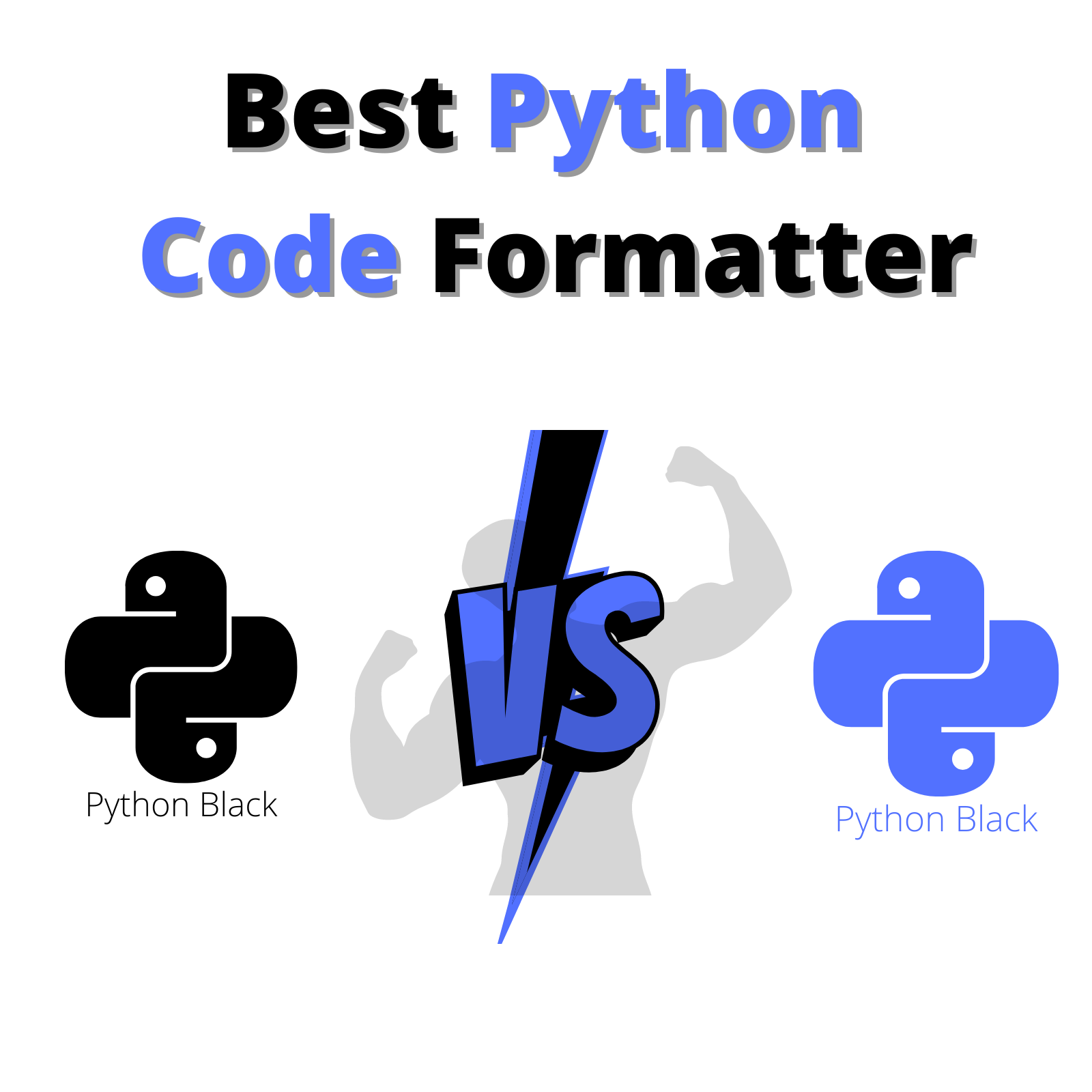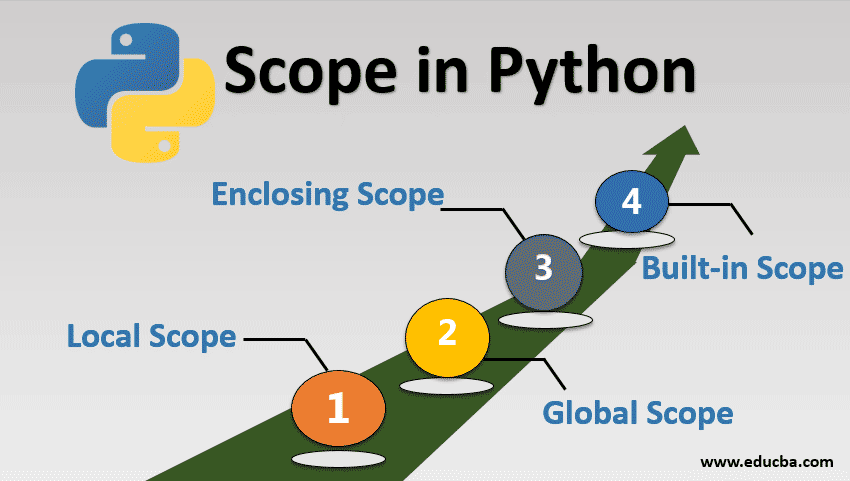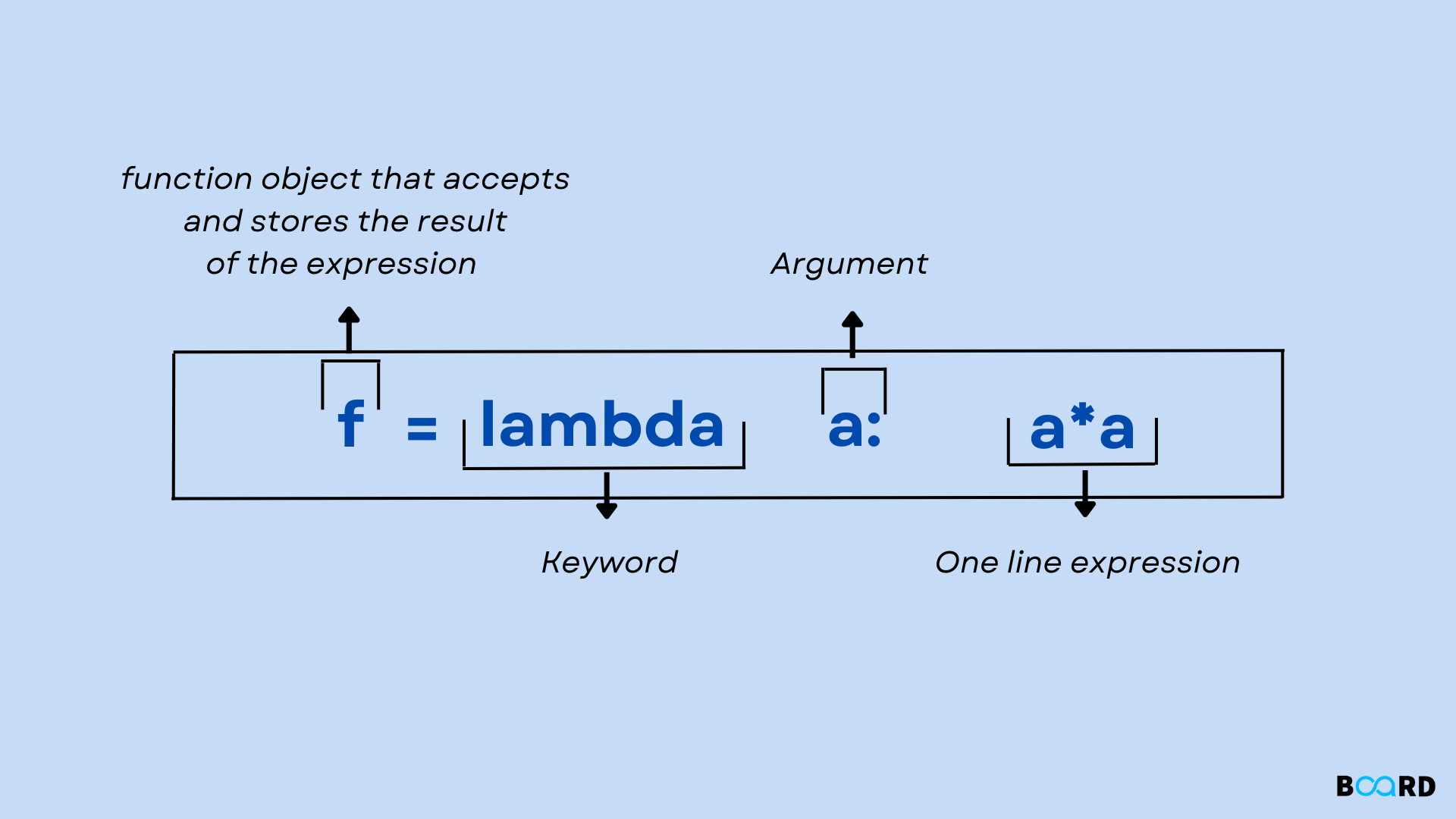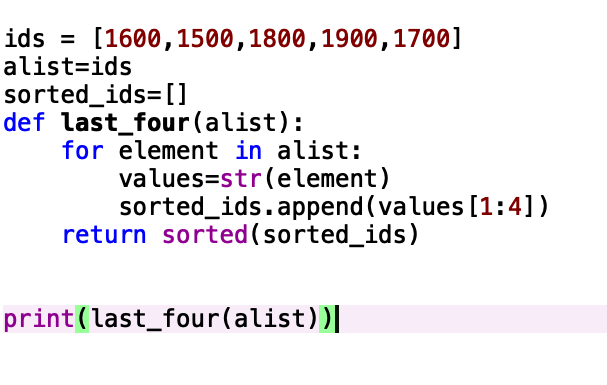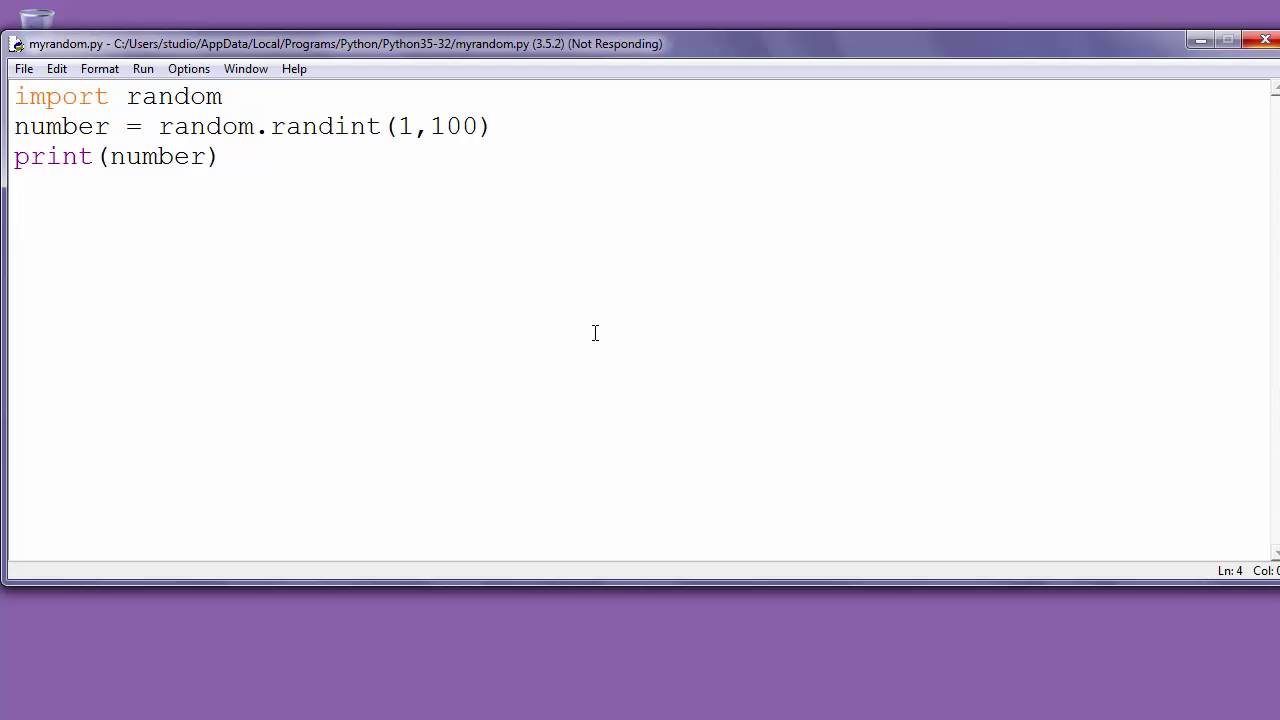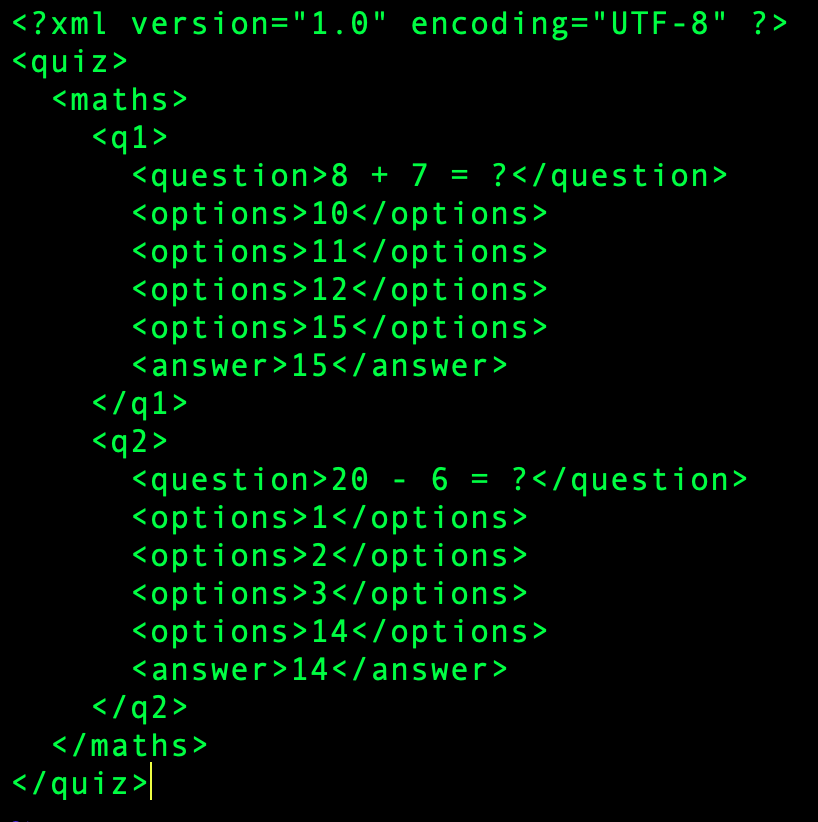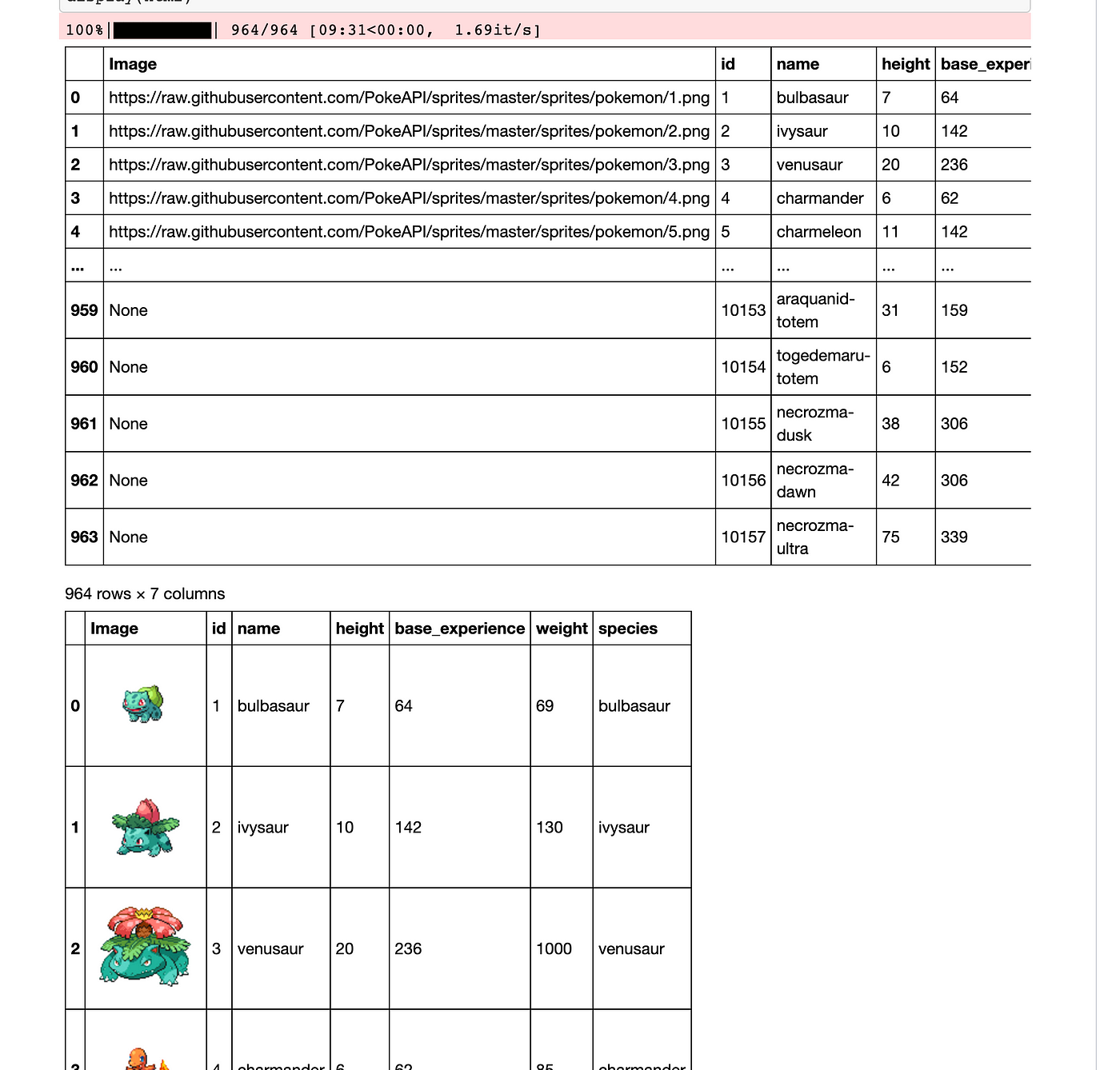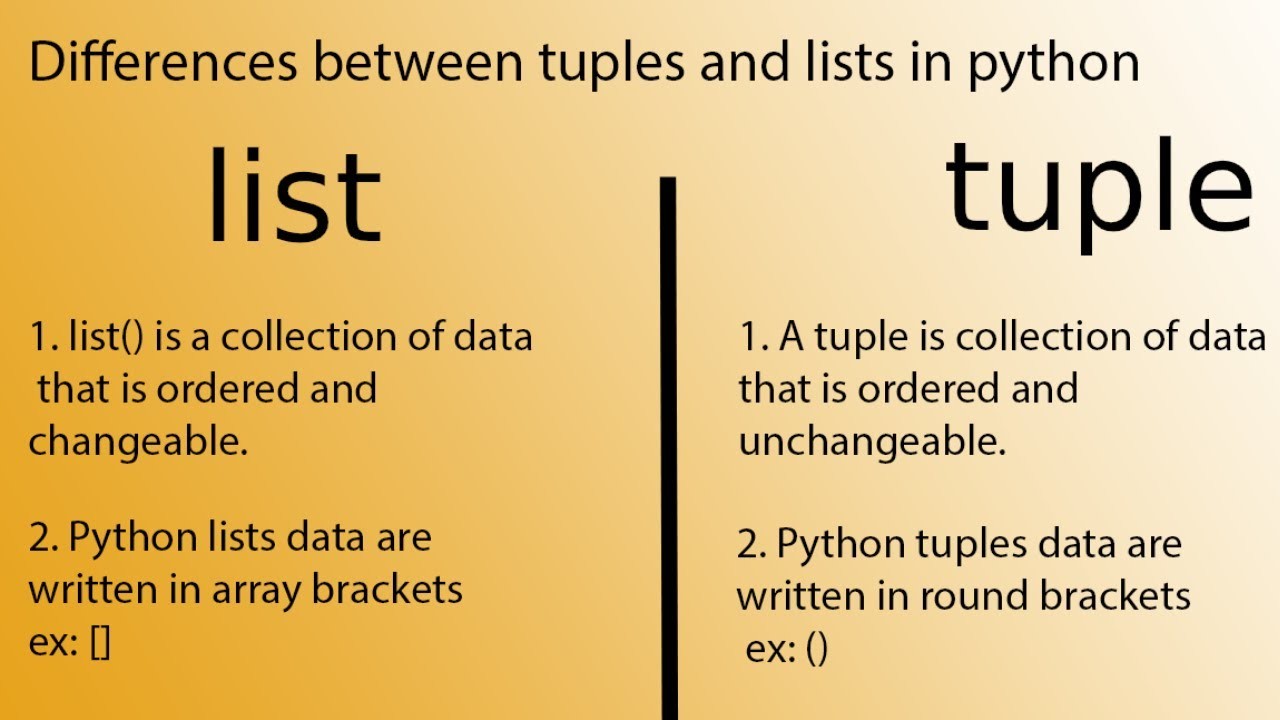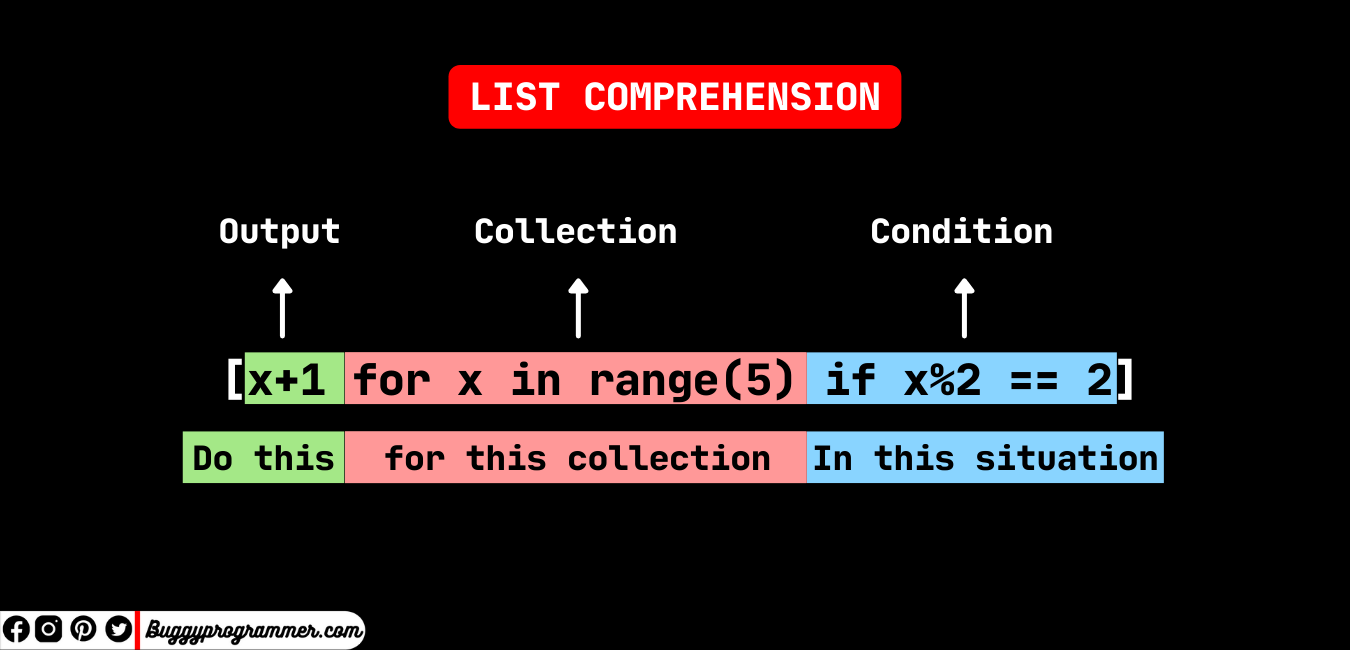What python for beginners
What python for beginners
Python is a popular programming language known for its simplicity and flexibility, making it an ideal choice for beginners. Here's why:
Why Python?
Easy to learn: Python has a clean syntax and uses indentation to define code blocks, making it easy to read and write. High-level language: Python is a high-level language that abstracts away many details, allowing you to focus on the logic of your program without worrying about low-level details. Cross-platform: Python can run on multiple platforms, including Windows, macOS, and Linux. Extensive libraries: Python has an extensive set of libraries and frameworks for tasks like data analysis, machine learning, web development, and more. Large community: Python has a massive community of developers, which means there are many resources available to help you learn and stay up-to-date.What can I do with Python?
Web development: Build web applications using popular frameworks like Django or Flask. Data analysis: Work with data using libraries like Pandas and NumPy for data manipulation and visualization. Machine learning: Use scikit-learn, TensorFlow, or Keras for building machine learning models. Automation: Automate tasks, processes, or workflows using Python's scripting capabilities. Scientific computing: Use Python for scientific simulations, data analysis, and visualization in fields like physics, biology, or chemistry.Getting started with Python
Install Python: Download and install the latest version of Python from the official website. Choose an IDE: Pick a text editor or Integrated Development Environment (IDE) that you're comfortable with. Some popular choices include PyCharm, Visual Studio Code, or Spyder. Start coding: Begin with simple programs like calculators, quizzes, or games to get familiar with the syntax and logic of Python. Practice, practice, practice: The more you code, the better you'll become at writing Python programs. Learn from resources: Official Python documentation: A comprehensive resource for learning Python. Codecademy's Python course: An interactive online course for beginners. Automate the Boring Stuff with Python: A free book that covers practical automation tasks.Tips and Tricks
Read the official documentation: The Python documentation is an exhaustive resource that can help you learn the language. Join online communities: Participate in forums like Reddit's r/learnpython or Stack Overflow to connect with other developers and get help when you're stuck. Work on projects: Apply what you've learned by building real-world projects, such as games, chatbots, or data analysis tools. Don't be afraid to ask for help: Python has a large community of developers willing to assist you, so don't hesitate to seek guidance when needed.In conclusion, Python is an excellent language for beginners due to its simplicity, flexibility, and extensive libraries. With the right resources and practice, you can become proficient in Python and start building projects that make a real impact.
What are Python basics?
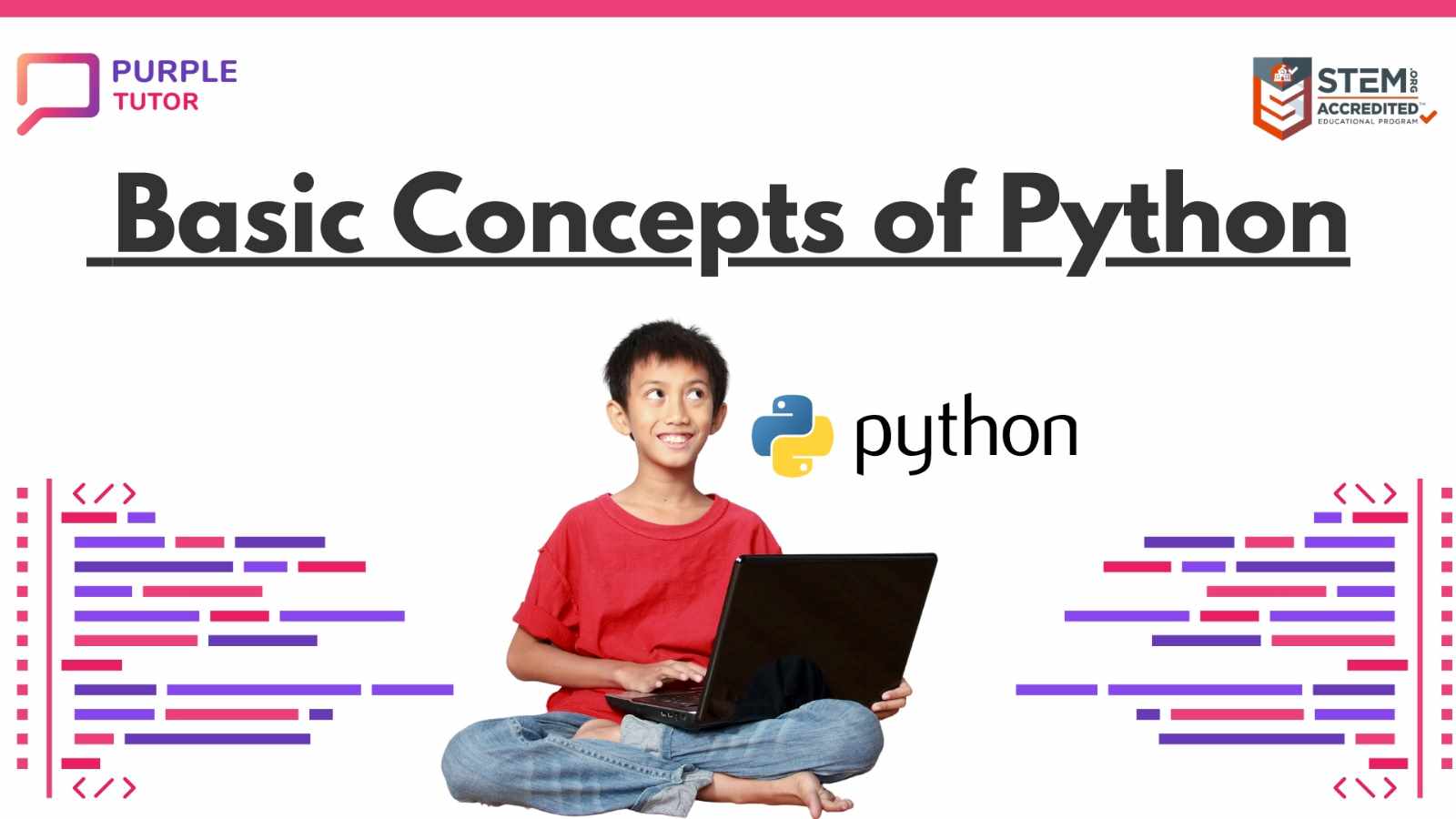
I'm happy to help! Here's an overview of the basic concepts and syntax of Python:
Variables and Data Types
In Python, you can assign a value to a variable using the = operator. For example: x = 5. The data type of a variable is determined by the assigned value, for instance, x becomes an integer.
Python has several built-in data types, including:
Integers (int): whole numbers without decimals (e.g., 1, -10) Floats (float): decimal numbers (e.g., 3.14, -0.5) Strings (str): sequences of characters, like words or sentences Boolean values (bool): either True or False Lists (list): ordered collections of items (e.g., [1, 2, 3]) Tuples (tuple): ordered, immutable collections of items (e.g., (1, 2, 3)) Dictionaries (dict): unordered collections of key-value pairs (e.g., {"name": "John", "age": 30})
Operators
Python has various operators for performing arithmetic, comparison, logical, and assignment operations. Some examples:
Arithmetic operators:+, -, *, /, %, ** (exponentiation) Comparison operators: ==, !=, <, <=, >, >= Logical operators: and, or, not Assignment operators: =, +=, -= , *= , /= , **=
Control Structures
Python has several control structures that allow you to execute specific code blocks based on conditions or iterations:
Conditional statements:if statement: executes code if a condition is true elif statement: executes code if the previous condition was false and this one is true else statement: executes code if all previous conditions were false Loops: for loop: executes code for each item in an iterable (e.g., list, tuple, dictionary) while loop: executes code as long as a condition is true
Functions and Modules
Python's functions allow you to reuse blocks of code by giving them names. You can also create your own modules, which are files containing Python code that can be imported into other scripts.
Defining a function:def my_function(x): followed by the code you want to execute Calling a function: my_function(5)
Error Handling
Python's error handling mechanisms help you deal with unexpected situations and exceptions:
try-except block: catches and handles exceptions (errors) raise statement: manually raises an exception
These are the fundamental concepts and syntax elements of Python. Mastering these will give you a solid foundation for learning more advanced topics, such as object-oriented programming, data structures, and web development.
